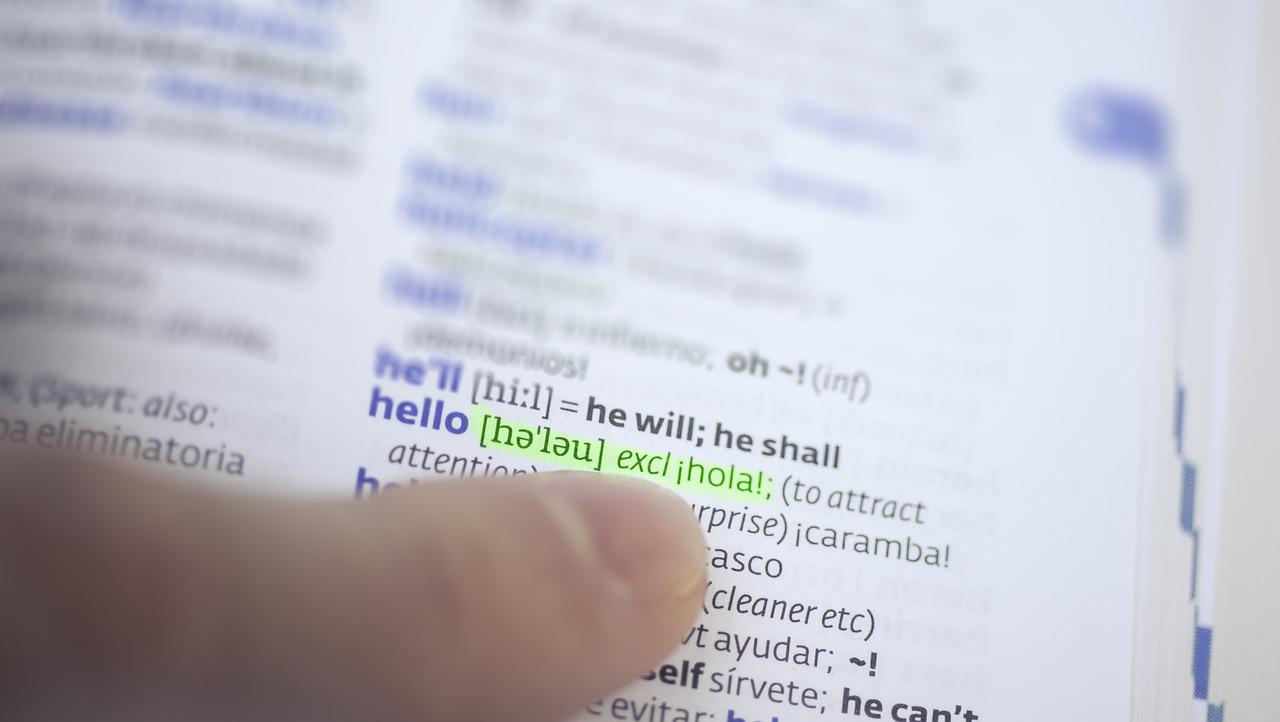
Thinking critically about motivation and learning goals
The PowerPoint and worksheet Why learn a language? can be used to motivate KS3 students and prompt them to think critically about why it's important to learn foreign languages. Students match language learning myths to real evidence then give their top three reasons for studying languages. Why learn a language? Diamond nine activity can serve as a more scaffolded plenary.
Developing dictionary skills
Knowing how to use a bilingual dictionary is obviously key to learning new vocabulary without always asking the teacher. Developing dictionary skills uses a quiz and a dictionary race to check that students know about alphabetical order and the information on word class, gender and context provided in a French–English (paper) dictionary.
Vicki Brownlee's German dictionary hunt: everyday objects is a fun way to practise using either a paper dictionary or an online one. Students win points for finding the gender and English translation of each word in the list and gain extra points for finding a physical example in the classroom.
Learning independently
Our 'grammar quests', such as Spanish opinions: grammar quest, encourage students to work out patterns from examples posted around the classroom – a technique that makes grammar more memorable than simply presenting 'the rules'.
Knowledge organisers are a great way of supporting students to write or speak autonomously as they provide them with the scaffolding to construct their own sentences. Popular examples are Qu'est-ce qu'il ya sur la photo? for GCSE French, Mis vacaciones: writing mat for KS3 Spanish and German grammar mat: cases and word order for KS3/KS4 German.
A further takeaway from remote learning was being forced to get familiar with the wealth of digital and multimedia content available for independent language learning. Many of the 'talking heads' clips in our GCSE video collection are suitable for students to use independently, and Joe Dale's YouTube channel is packed with tips and training on EdTech tools for MFL teachers.
Reflecting on learning
Of course, learning isn't really learning unless students are aware what it is they've been doing in the lesson and why. Vicki Brownlee's Plenary reflection prompts can be used in any subject to check what they've learnt from the lesson and what they haven't understood.
Choosing what to review or take further
Offering students an element of choice in the activities they do is a great way of boosting motivation and encouraging autonomy. Homework ideas can be given to students for them to select their own revision and consolidation tasks on a range of curriculum topics.
This article was originally published as an Editor's pick newsletter in September 2022.
